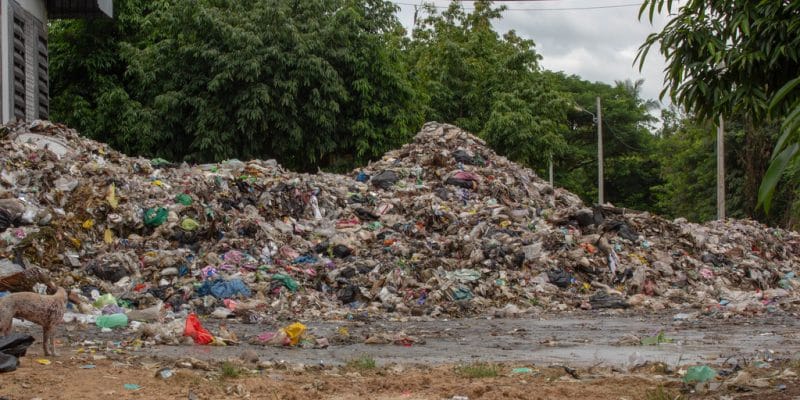In Cameroon, the authorities have signed an agreement with the French company Setec Energie Environnement to carry out a feasibility study on the infrastructures that will enable the reinforcement of the waste management system in 27 towns.
After having participated in 2021 in the implementation of a modular sorting centre in the city of Dschang, located in the western region of Cameroon, the French company Setec Energie has signed an agreement with the government of this Central African country for a feasibility study in the framework of the implementation of the project to strengthen waste management systems in 27 secondary cities.
Although the beneficiary municipalities of this project have not yet been revealed, the authorities indicate that Setec will identify and size these sorting infrastructures. The study, which will begin in June 2022, will last one year and will be financed to the tune of 382 million CFA francs (more than ‘582,000) by the French Ministry of the Economy, Finance and Industrial and Digital Sovereignty.
“This project is in line with the National Development Strategy (SND 30), which places sanitation among the priorities for the development of our country. In addition to carrying out this study, Setec Energie Environnement intends to provide the Cameroonian government with a financing plan for the construction of this infrastructure,” says the Cameroonian Minister of Housing and Urban Development, Célestine Ketcha Courtès.
Read also-CAMEROON: Garoua will soon have a system for recycling waste into fertilizer
While the city of Dschang, located more than 330 km from the capital Yaoundé, is faced with the daily problem of waste management, particularly organic waste, the local authorities are increasingly developing partnerships with non-governmental organisations (NGOs) and other local authorities, following the example of the urban community of Nantes Métropole in France. Among the fruits of this cooperation, waste composting has become an opportunity for job creation and agricultural development in this municipality of about 200 000 inhabitants.
Benoit-Ivan Wansi






